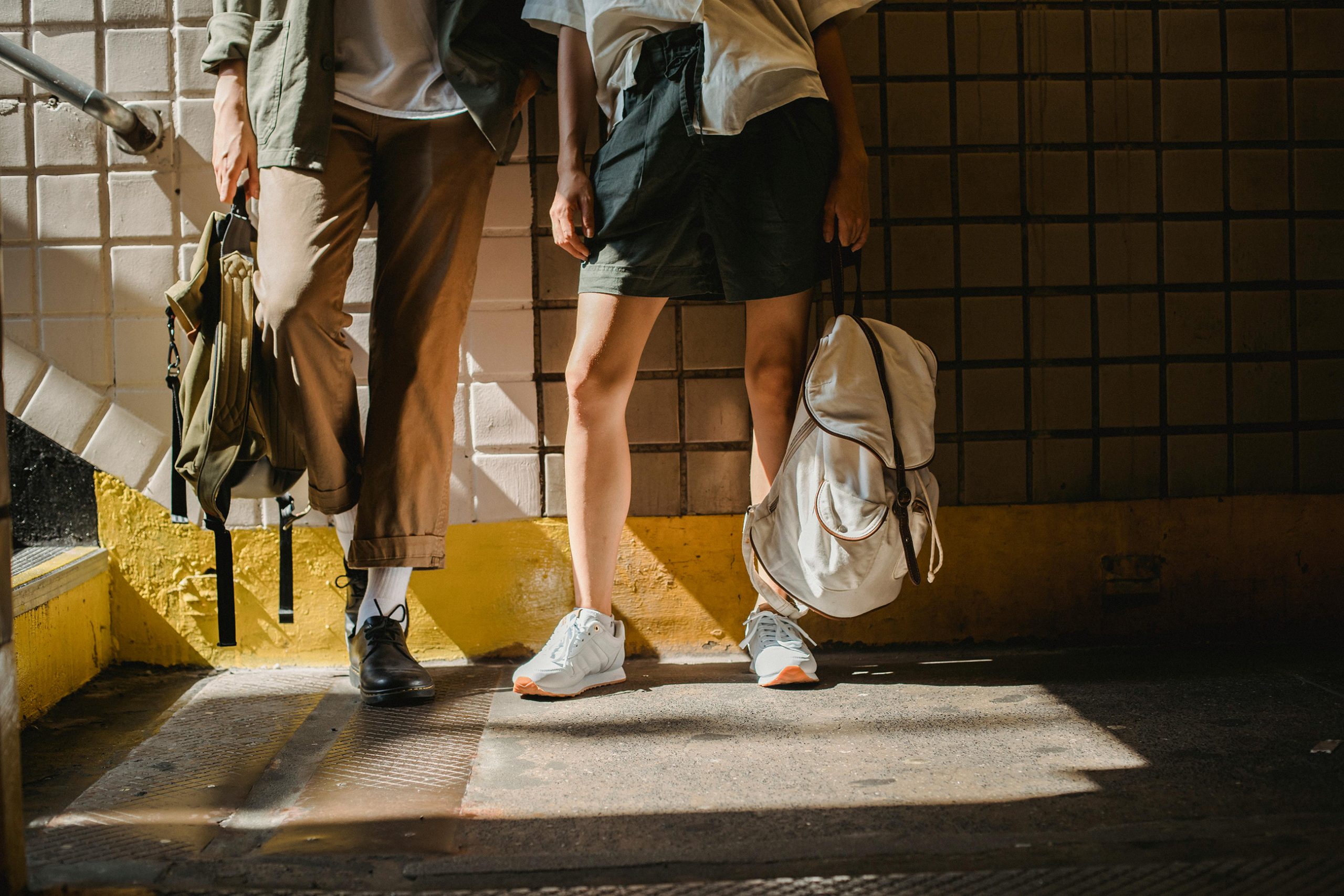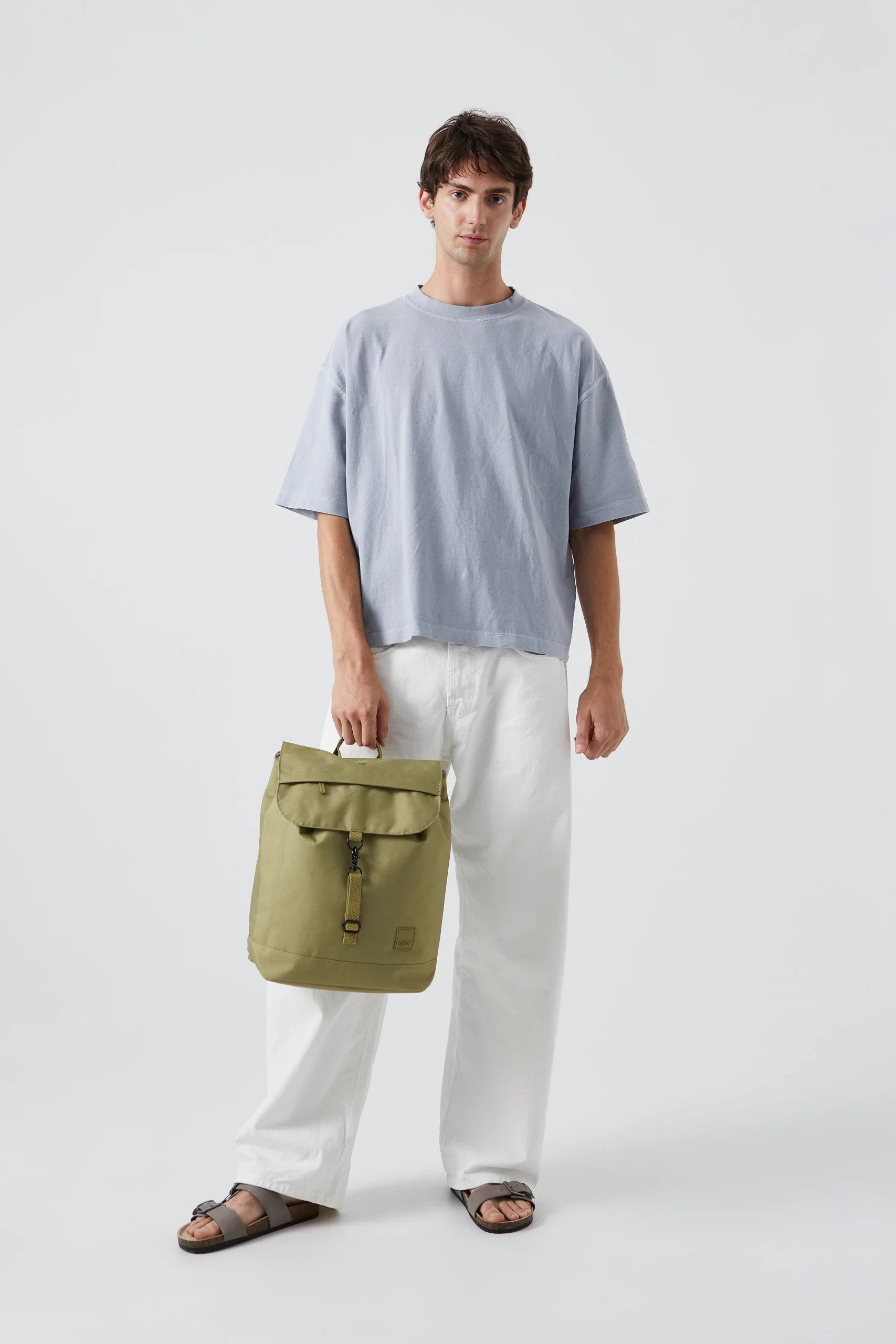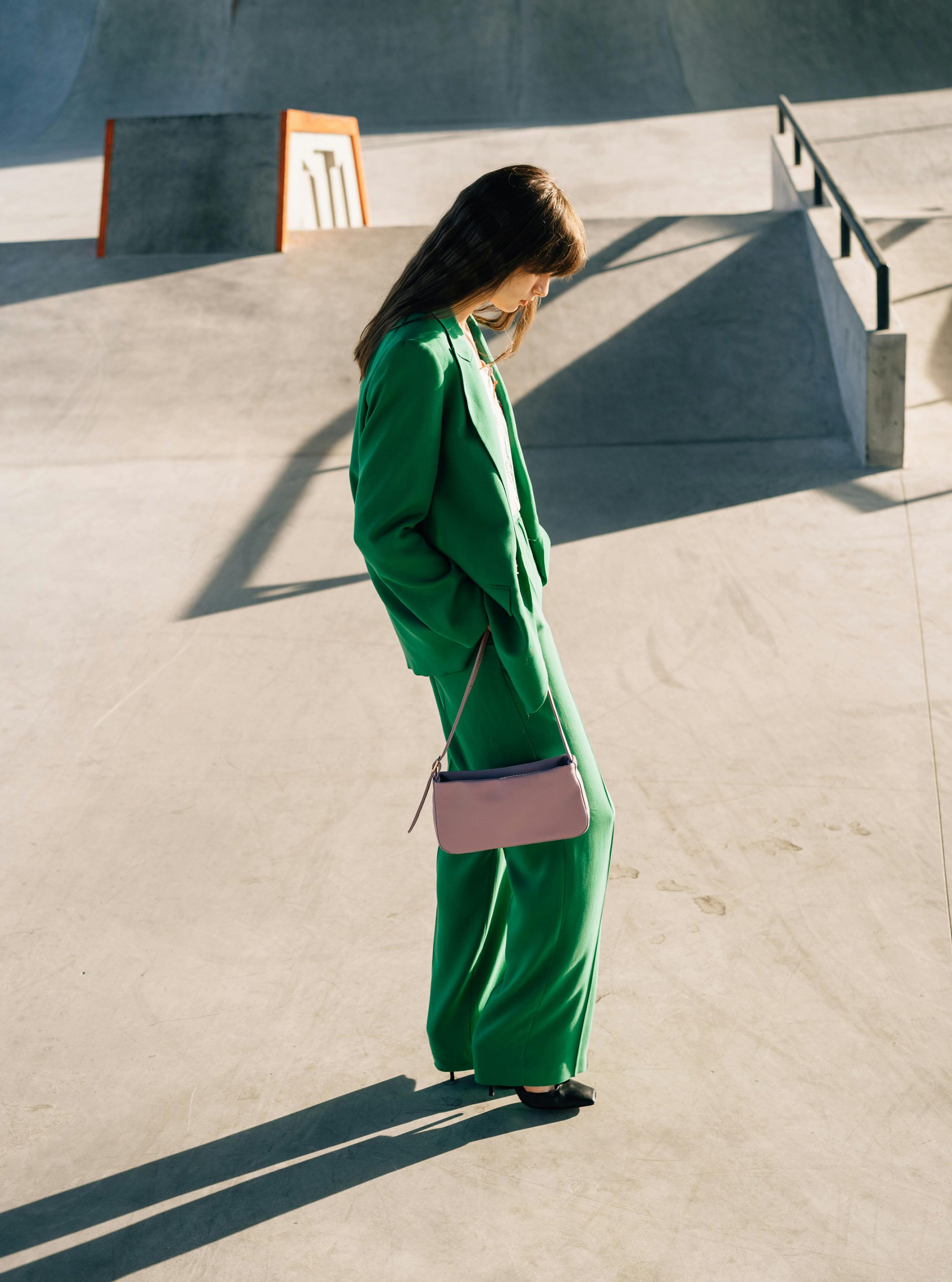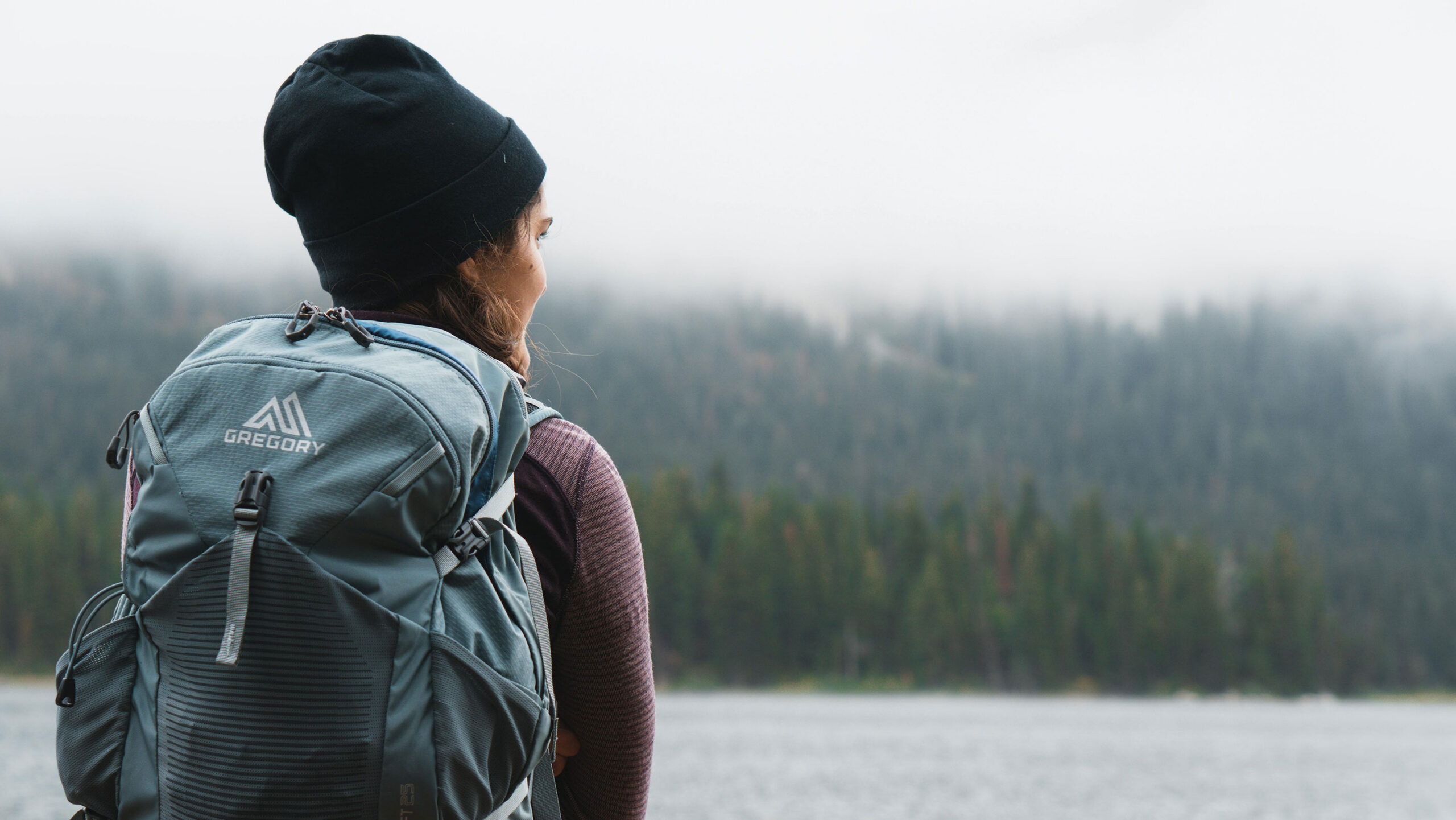Let’s sort out the truth about backpacks for school, hiking, and everything in between.
It’s surprising how many wrong ideas people have about backpacks. If you’re shopping for a pack, it’s easy to get confused. Everyone has advice, but what’s actually true?
After years of changes in backpack design and lots of testing, it’s time to clear up some common myths that still confuse people in 2025. Let’s look past the marketing and help you pick a backpack that fits your needs.
Myth #1: The Bigger, the Better
The Idea: Get the biggest backpack you can. It’s better to have too much room than not enough.
The Truth: You’ll probably just fill a huge backpack with stuff you don’t need. That means carrying extra weight, which can make you tired and uncomfortable.
What to Do: The right size depends on what you need it for.
Smart Sizing:
- School/Work: 20-30L for everyday stuff
- Day Hiking: 20-35L
- Weekend Trips: 35-50L
- Long Trips: 45-65L
Myth #2: Expensive Means It Lasts
The Idea: The most expensive backpack is the best and will last the longest.
The real: Better gear is more strong in most case,just think about how many times you plan to use it
The Truth: Price depends on things like the brand, special features, materials, and who the backpack is for.
What Really Matters:
- How well it’s made
- The right materials for what you’re doing
- Good zippers, buckles, and straps
- What the warranty covers
- Reviews from other people
Budget Tips:
- Under $100: Good for school or work
- $100-250: Good for regular outdoor use
- $250-500: Better features
- $500+: For pros or luxury
Myth #3: Lighter is Always Better
The Idea: Super light backpacks are better because they’re more comfortable.
The Reality: but they can be less strong, less supportive, and more expensive.
The Truth: There are trade-offs when you go super light.
Pros of Lightweight:
- Less weight
- Easier to carry
- Simple design
Cons of Lightweight:
- Can cost more
- Weaker materials
- Not as comfy with heavy loads
- Fewer pockets
When to Go Ultralight:
- If you know what you’re doing
- For long hikes
- If you like to pack light
- If you don’t mind paying more
When to Stick with Normal Weight:
- If you carry more than 30 pounds
- If you want to save money
- For rough use
- If you need lots of pockets
Myth #4: All Backpacks Are the Same
The Idea: A backpack is just a bag. Brands don’t matter.
The Reality: If you haven taken the time to buy gears for a long time. You may think they are the same.
The Truth: Backpacks are made for different things.
Types of Backpacks:
School/City Backpacks:
- Place for a laptop
- Water-resistant
- Look professional
- Easy to open
Day Hiking Packs:
- The Osprey Talon 22 is very suitable for day hikers and commuters,It is weightless, and is good for traveling light
- Breathable
- Place to attach gear
- Can hold water
Travel Backpacks:
- The Peak Design shoulder straps are thin,so it’s not suitable for outdoor activities.
They are comfy in taking it through a plane - Easy to pack
- Lockable zippers
- Fits in airplane
Backpacking Packs:
- The Gregory Baltoro 75 is good for carrying heavy things.
- Lots of access
- Weather protection
- Comfy for long trips
Myth #5: Brand Names Don’t Matter
The Idea: Cheap brands are just as good as the big names.
The Reality: Big brands usually have some plus points that make them great .
Why Brands Matter:
- They spend money on good designs
- They make sure everything is well made
- They have good warranties
- People give them feedback
- They have support
Good Brands:
- Osprey: Good warranty
- Patagonia: Eco-friendly
- Gregory: Good for heavy loads
- Deuter: Well-made
- Peak Design: Good for travel
When to Buy Unknown Brands:
- If you’re on a budget
- If you have special needs
- If you’re okay with less warranty
- If it’s a simple design
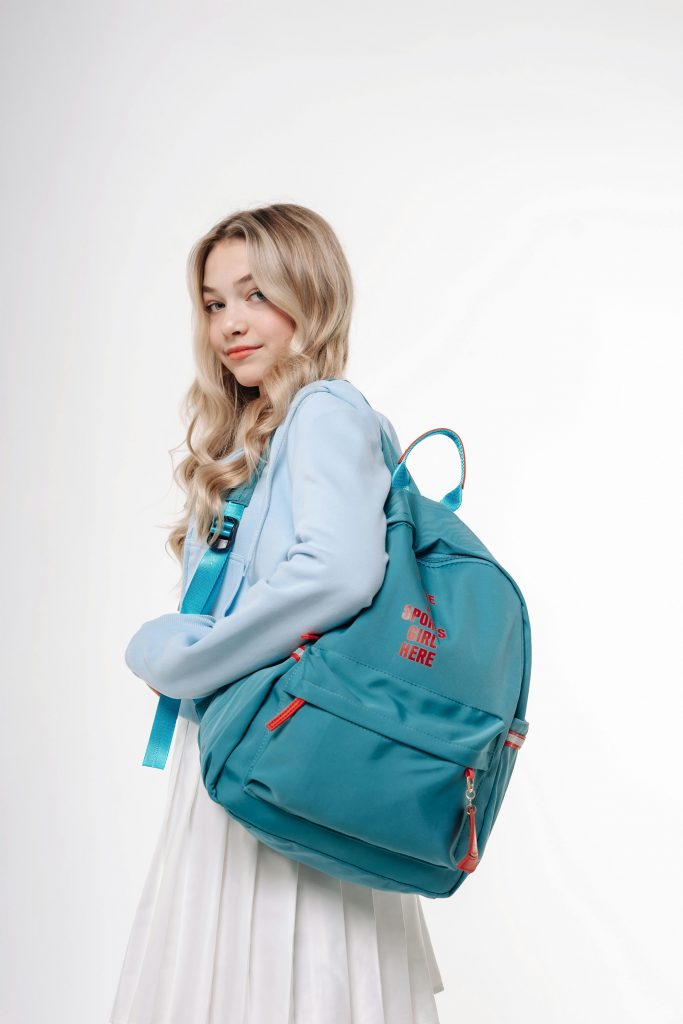
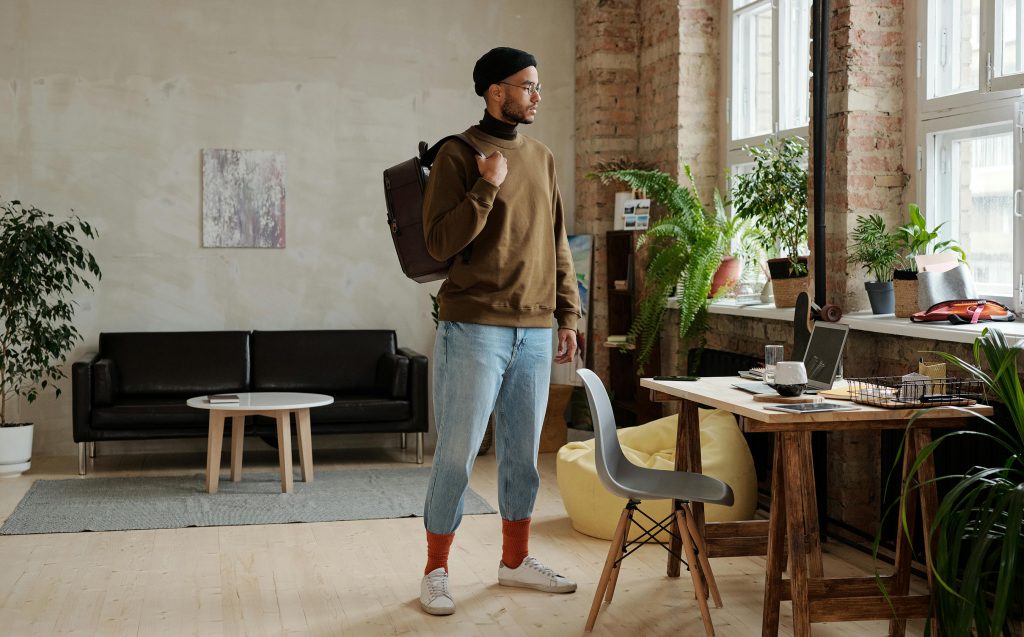
Myth #6: More Pockets Are Better
The Idea: Lots of pockets make a backpack more useful.
The Reality: Too many can add weight and make it harder to use.
The Best: Good backpacks have the right amount of features without being too complicated.
Must-Have Features:
- Roomy main space
- Safe pocket for valuables
- Comfy straps
- Good zippers
- Weather-resistant
Good Additions:
- Laptop place
- Water pouch
- Place to attach gear
- Hip belt
Not Needed:
- Too many small pockets
- Complicated straps
- Things that come off and get lost
- Special places for gear
Myth #7: Fit Doesn’t Matter As Long As Straps Adjust
The Idea: Any backpack will fit if you adjust the straps.
The Reality: Fit is super important for comfort and to avoid pain.
Why Fit Matters:
- Wrong fit puts weight in the wrong place
- It can cause pressure and rubbing
- Good fit helps the pack move with you
- Wrong fit can hurt your back
Key Things for Fit:
- Torso Length: More important than height
- Hip Belt: On your hips, not waist
- Shoulder Straps: Follow your shoulders
- Sternum Strap: For easy breathing
Sizing Tips: Find any place who will help to fit your backpack.
Myth #8: Waterproof Is the Best
The Idea: Always get a waterproof backpack.
The Reality: Water water-resistant can be better fit in many ways,
Waterproof Downsides:
- Not breathable
- Heavy
- Expensive
- Can fail
Water-Resistant Pluses:
- Breathable
- Light
- Cheap
- Works for most weather
When to Pick Waterproof:
- On boats
- Rainy places
- For electronics
When to Pick Water-Resistant:
- For everyday
Myth #9: Buy Your First Backpack Cheap
The Idea: Start with a cheap backpack to see what you like.
The Reality: Bad cheap product will destroy your hobby.
Why This Is Bad Advice:
- Cheap backpacks can be bad
- can make people think they don’t enjoy travel
- Buying twice costs more
Better Way to Start:
- Buy a good backpack
- something you like
- Buy last year’s model for a deal
Myth #10: Frame Type Doesn’t Matter Much
The Idea: Frame type is just marketing.
The Reality: Frame type changes how it feels, fits, and works.
Frame Types:
Internal Frame:
- Good for most people
- Comfy
- Great for travel
- Stable
External Frame:
- Great for heavy loads
- Good airflow
- Easy to attach gear
Frameless:
- Light
- Easy to pack it
- You must pack lite and know what you’re doing
Pick a Frame:
- Newbies: Internal frame
- Heavy Packs: External frame
- Ultralight: Frameless
- Travel: Internal frame
The Important Stuff in 2025
What to Look For
How It’s Made:
- Strong stitching
- Good thread
- Strong places attached
Hardware:
- Good zippers
- Strong buckles Durable fabrics
Design:
- Makes sense
- Comfy
- Good weather
Modern Things
Good Materials:
- Recycled
- Good
- Local
Smart:
- USB
- Laptop place
Comfort:
- Better pads
- Good airflow
- Good fit
Buy it Smart in 2025
How to shop
Step 1: Know What You Need
- Type of use
- Size
- How often
Step 2: Set a Budget
Step 3: Check Brands
- Read reviews
- Compare
Step 4: Try Before Get It
Not a good sign
Marketing:
- Too good to be true
- Not enough details
Design:
- Too many unnecessary things
- Bad reviews
Brand
- Not a old brand
- Poor service
What’s Coming
Trends
Eco:
- Good product
Smart:
- Good materials
People:
- Nice design
TimeProof
Design:
Fit:
In Conclusion
Buying backpacks can be tricky.The best backpack depends on what you need, how much you want to spend, and how you’ll use it.
Remember:
Choose based on needs, not hype.
Make sure it fits!
Start buying!focus on your requirements testing, you will find the greatest backpack soon.
#BackpackMyths #BackpackTips #HikingGear #TravelBackpack #SchoolBackpack #OutdoorGear #BackpackGuide #GearReview #BackpackFit #QualityGear #OutdoorEquipment #TravelGear #BackpackAdvice #GearTips #BackpackShopping #OutdoorLifestyle #BackpackComparison #GearMythsBusted #SmartShopping #BackpackFeatures #GearEducation #OutdoorKnowledge #BackpackWisdom #GearInvestment #BackpackFacts
